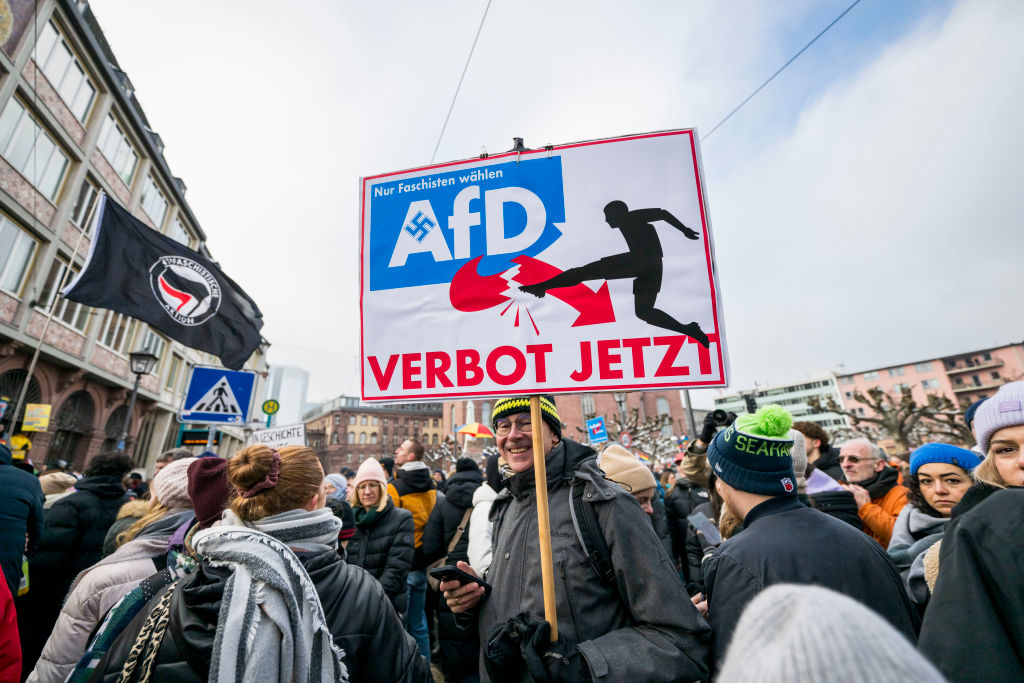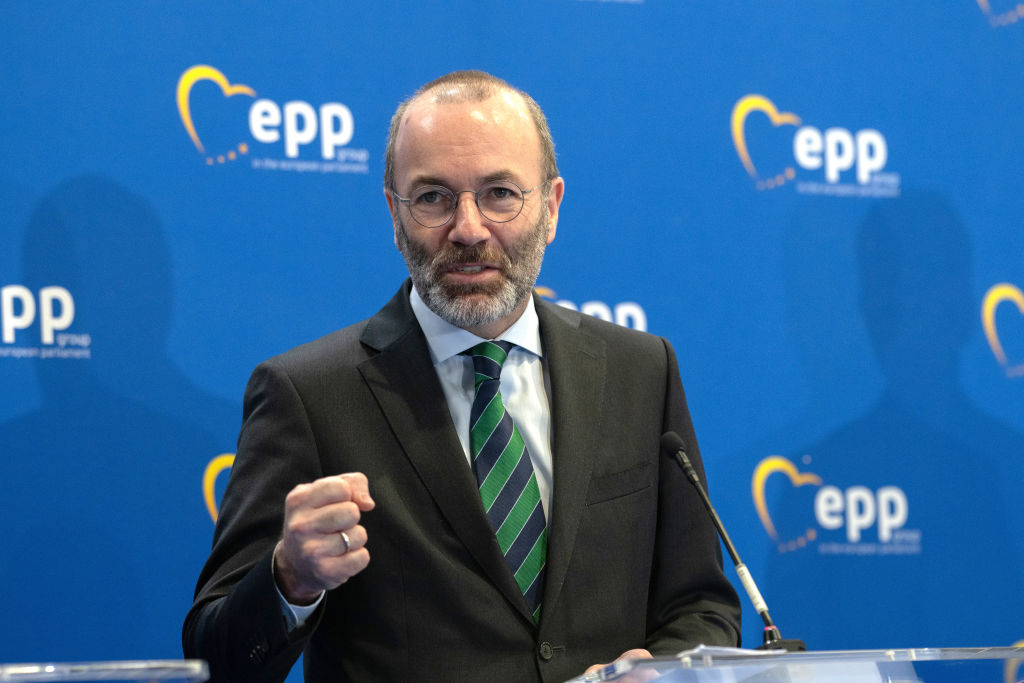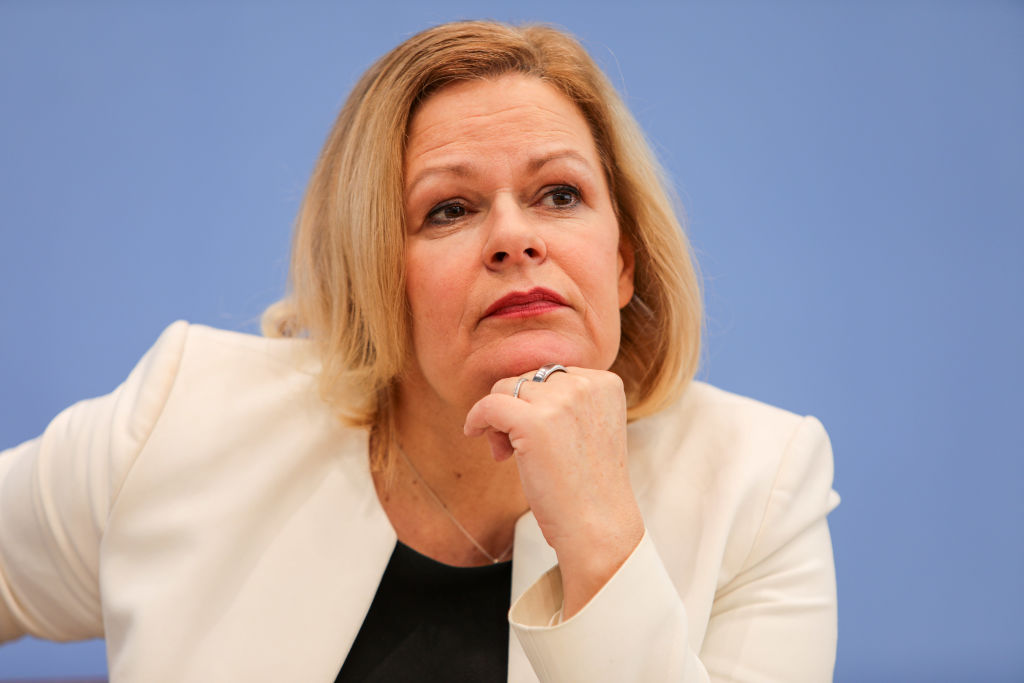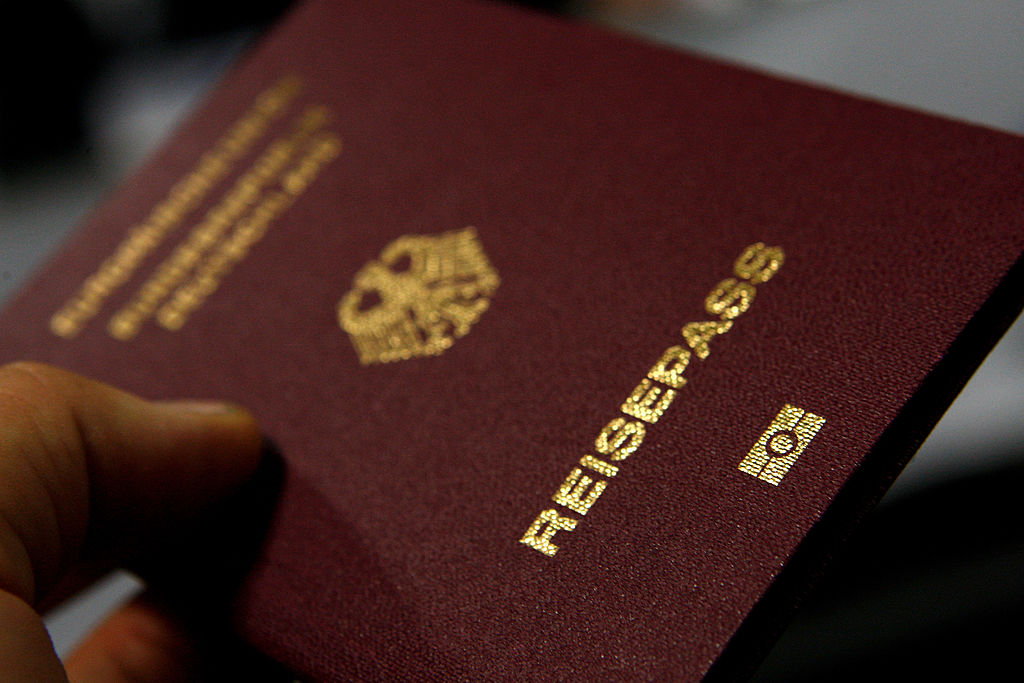The German Government should consider an “amnesty” for people who broke lockdown rules over Covid, a senior MP has said.
Michael Müller, a representative for the Social Democratic Party (SPD), commented that many of the country’s pandemic measures did not have the impact government officials initially had hoped for, which in turn affected adherence to the rules.
As such, the MP, who served as Berlin’s mayor at the time of the pandemic outbreak, suggested the Germany should consider forgiving those who broke certain regulations during the period.
“We know from today’s perspective that some measures were not as compelling as we thought at the time,” he said.
“That’s why I think we can also think about an amnesty.”
He added that any such amnesty would have to be “legally comprehensible as to which prosecutions are being stopped and why”, in order to succeed.
“Clear criteria would be needed for this,” he said.
A judge in Germany has been handed a suspended two-year jail sentence as a result of his opposition to school COVID-mask mandates in the country. https://t.co/Rgp6c6RXY0
— Brussels Signal (@brusselssignal) August 25, 2023
Commenting on the pandemic in general, Müller defended the actions of the German Government overall, saying the country’s crackdown on certain freedoms helped save lives.
The left-wing politician did express some regret over the handling of some elements of the pandemic, although he stopped short of apologising for any issue in particular.
Müller backed calls for increased transparency in the wake of Covid, criticising the heavy censoring of documents from the period published by the Government’s Robert Koch Institute, which played a major role in deciding German health restrictions at the time.
“I am in favour of extensive transparency,” Müller said. “Anything else just fuels conspiracy theories. I have no concerns about the contents of these protocols.”
Those sentiments were shared by Germany’s health minister Karl Lauterbach, who has promised to see the documents released with fewer redactions.
He added that the censorship had nothing to do with the Institute trying to hide any content but, rather, the result of its legal obligations to protect the privacy of non-public figures identified in them.
“I simply don’t want to give the slightest impression that the Robert Koch Institute is deliberately hiding anything here or that there is even political interference on the part of the federal Government,” he said.
Lauterbach added that it would likely take around four weeks to release the documents, as the Institute would have to contact each of the participants for permission to be identified in their public release.
The tutor, referred to only as “Myriam K”, had criticised Germany’s migration policies and Covid-19 measures on a private YouTube channel. https://t.co/TGWYgvNXBp
— Brussels Signal (@brusselssignal) July 31, 2023





